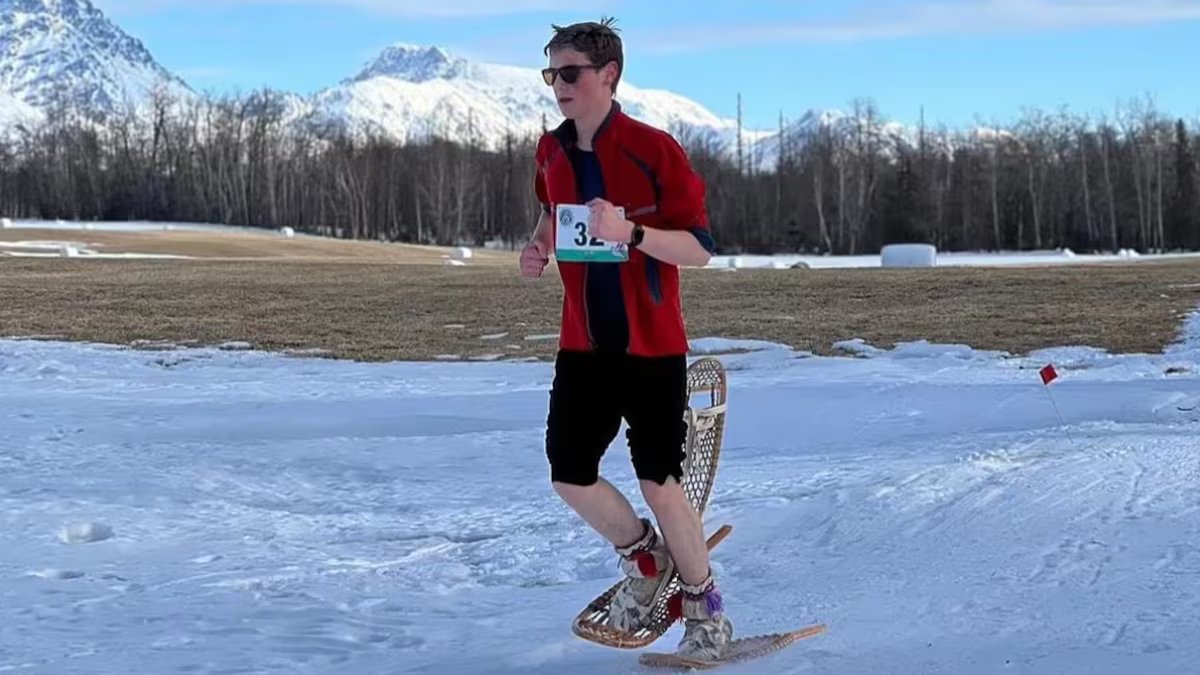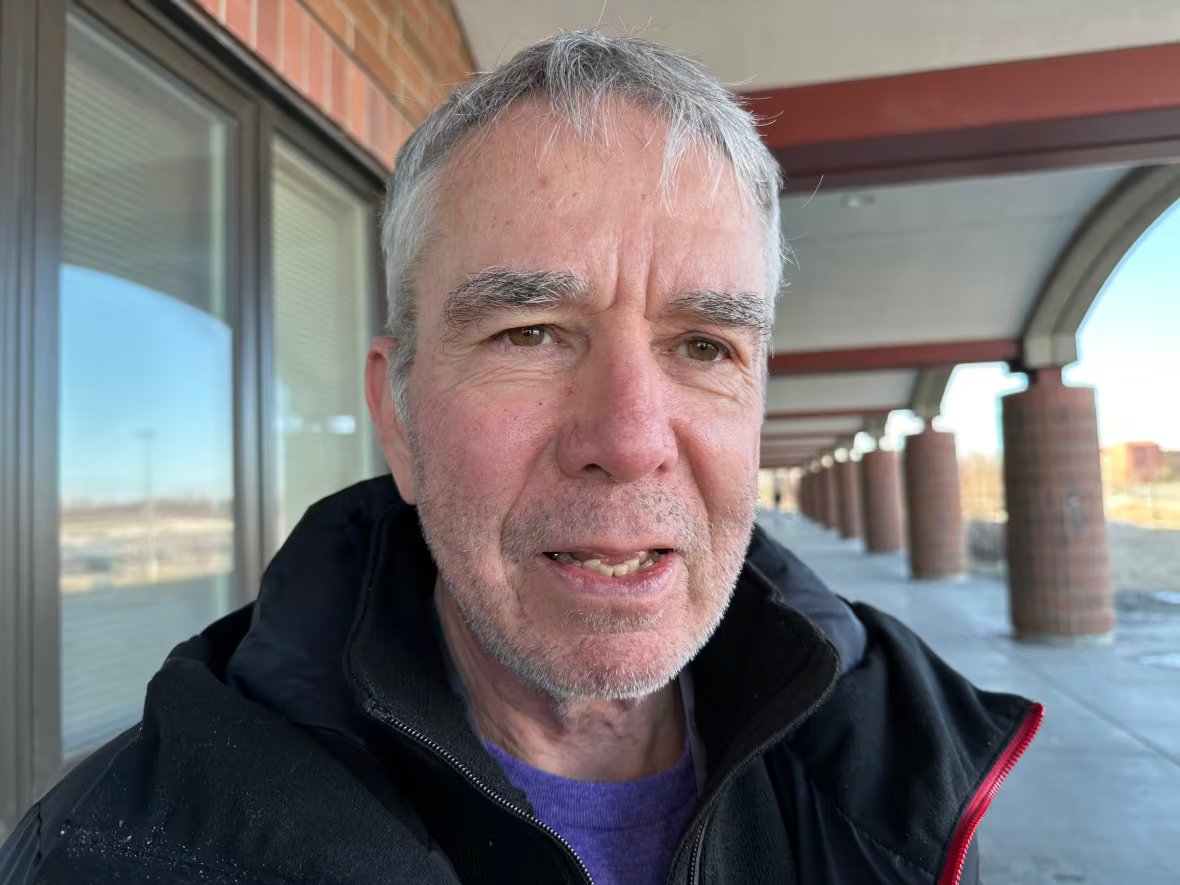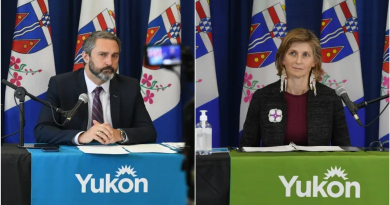Warm weather in Alaska highlights risk climate change poses to future AWG

As delegates and volunteers return home from this year’s Arctic Winter Games in Alaska, officials and coaches are thinking about what climate change might mean for the future of the event.
Don White, a longtime snowshoe coach for Team Yukon, said warm temperatures at this year’s Arctic Winter Games in Alaska impacted his team’s equipment.
Temperatures above freezing on a couple of afternoons led to melted snow soaking through the mukluks of some competitors.
“When it gets warm out they just turn into sponges,” he said.
Warm temperatures weren’t the only weather-related challenge this year. A windstorm hit Alaska’s Mat-Su valley before the games and blew the record snow the area had received off of some of the ski and snowshoe courses. Organizers had to physically move that snow back to the courses so athletes could compete.
Some people involved in the games have suggested that future events should be held in February instead of March as a result of climate change.

Tim Horsman, a mission staff with team Alberta North, was one of those who suggested organizers explore the idea.
“It was just sort of to generate conversation, but it has been warm here,” he said.
He said if the games were hosted in northern Alberta instead of Alaska, it would’ve been a similar story.
“We have above average temperatures right now,” he said, adding there also isn’t much snow.
John Rodda, president of the Arctic Winter Games international committee, said this is something he’s heard.
He said that the organization plans to discuss the subject with stakeholders over the next six to eight months.
“We’re all focussed on the long term sustainability of the games,” he said.
“We understand that this is something that’s going to have to be delved into.”
He said they are also completing a study on the subject.
The AWG’s carbon footprint
With thousands of athletes from across continents flying to a single location every two years, the games leave a sizeable carbon footprint.
CBC North asked Rodda if the organization is considering trying to limit its carbon footprint, but he said flying is an unfortunate reality in the North, where distances between different jurisdictions are large.
“The viability of accessing and sending a team becomes pretty restricted into one mode of transportation, unless you are in an adjacent province or territory or something like that,” he said.
“We’re stuck with one option when it comes to flying.”
Les Skinner is the N.W.T. director for the AWG international council.
“We’re always concerned about climate change and how that’s going to affect the Arctic Winter Games,” he said.
“As you know these games are being held in March, we’re going to have to look at maybe hosting it a little earlier because of climate change.”
He said in terms of changes to make the games more sustainable, it’s up to host societies. He said some athlete villages have decided for cafeterias to have silverware and plates instead or single-use cutlery and paper plates.

The warmer winter temperatures aren’t just affecting the games though, they’re also affecting how some athletes prepare for them.
Lars-Ola Marakatt is a ski wax technician with team Sápmi, and a multimedia journalist. He said that as temperatures in the region get warmer, it’s getting harder to participate in snow sports.
“I’ve heard about many people moving from Oslo to northern parts of Norway, Finland, and Sweden because we have real winter, not raining,” he said.
“We see that climate change is really affecting way of living, up north of Sápmi.”
As for Don White, the Yukon snowshoe coach, he is just worried about how the 2026 games in Whitehorse will go, as temperatures in the Yukon capital were unseasonably warm over AWG week this year.
Related stories from around the North:
Canada: N.W.T athletes are excited and ready to compete in the Arctic Winter Games, CBC News
Finland: Ice fishing World Championships latest in Finnish series of odd sports events, Yle News
United States: Veteran musher Brent Sass wins Yukon Quest 300, CBC News



